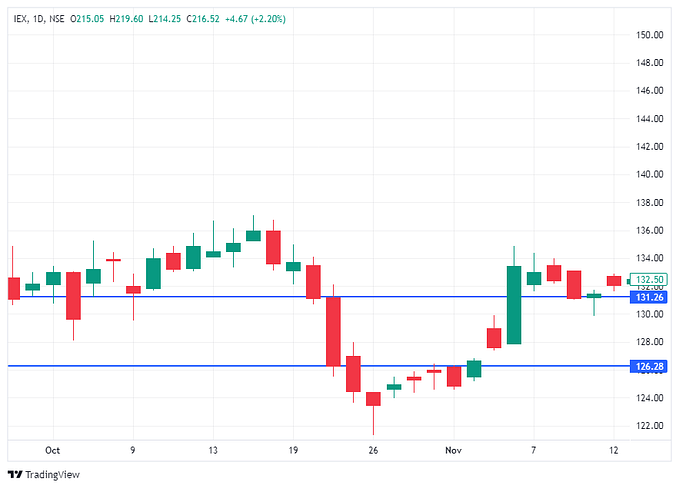In the Forex world, trading psychology is a broad term that encompasses the emotions of traders, including excitement, anxiety, impatience, fear and greed and how traders respond to their feelings, gains, and losses.

Your psychology as a trader is crucial because it determines how you react to trade outcomes, respond to volatile market movements, and also tests your resolve for using your trading techniques.
Remaining calm while facing pressure is vital, and analyzing what motivates you is a key feature in the makeup of a successful forex trader. The difference between success and failure can hang on not allowing losses to get you down, but mastering your trading psychology is a process that takes time and commitment.
Emotions and Forex Trading Psychology
As traders, we cannot deny the influence of emotions as they play a crucial role in our lives. Acknowledging and becoming familiar with our emotions and how they influence our actions is vital for trading success. By embracing our emotions, we can improve our trading performance.
Forex traders often experience emotions such as excitement, fear, and greed due to the market’s ever-changing and unpredictable nature. When these feelings arise in us as traders — whether we feel them before entering a trade or after making an exit — it’s important to understand how they impact decision-making so that we don’t act rashly based on emotion alone without considering all factors involved in making sound trading decisions.
The failure to master forex trading psychology, along with a lack of academic knowledge and skills, are the primary originators of mistakes among traders. Traders repeatedly make mistakes when they cannot manage the positive and negative aspects of trading psychology effectively. Only traders who can remain calm and master their emotions are best suited to handle the rigorous volatility of foreign exchange markets.
Principles of Successful Trading
To be successful at trading, you must understand the principles of successful trading. First and foremost, these include discipline, patience and risk management. The significance of each principle varies based on the strategy one adopts. However, it is crucial to acknowledge that all three principles hold equal importance for traders aiming to achieve consistent profitability in the long run.
The first step in incorporating these principles into your forex trading is understanding their meaning. Let’s take a look at each one individually:
· Discipline — A disciplined trader knows their goals and objectives before entering into any trade; they stick with them no matter how tempting it may be at times; they keep an eye on risk management parameters (stop loss levels), which help minimise losses when markets turn against them; they do not allow emotions such as greed or fear dictate their actions during periods where markets move sharply against them (or even moderately); finally he/she never changes his mind once committed.
· Patience — A patient trader waits for good opportunities to enter the market with a well-thought-out strategy; they do not try to catch every last tick of profit or attempt to cut losses too quickly; they have confidence in their ability to make money in the long run and will accept small losses if they are part of the bigger picture Discipline + Patience = Profit.
· Risk Management — A trader who understands risk management can control their emotions in the face of losses and market volatility; they know that a strategy which works well when markets are trending will fail miserably if used when prices are consolidating or moving sideways.
Moreover, achieving success as a trader requires mastery of trading patterns. The ability to recognize and comprehend these patterns offers valuable insights into market trends and opens doors to potential opportunities.
Let’s take a look at an example: if you see that there has been an increase in volume in one particular stock over the past few days, this may indicate that there are strong buyers of this stock who continue buying it as prices rise. This would be considered an uptrend because more buyers are coming into play than sellers. Consider buying shares of this stock yourself because now there is more demand than supply (i.e., more people want it).
Continuous Education and Adaptation
You can only become a successful trader with continuous education and adaptation. Gaining wisdom from mistakes and failures is very important. Instead of dwelling on setbacks, view them as valuable learning opportunities for your growth and improvement as a trader.
Regardless of your trading experience level and background, there is always more to learn to evolve and become a better trader! By continually improving your knowledge, you gain confidence and patience and become more capable of mastering your emotions to make more wise and informed trading decisions.
Also read: https://www.exclusivemarkets.com/blog/trading-psychology-in-forex
Conclusion
As you can see, trading psychology is an important aspect of being a successful trader. It’s about more than just understanding what drives people. It’s about applying that knowledge to your own trading decisions. The more you learn about yourself and how to control your emotions, the better you’ll be able to detach yourself from an emotionally charged situation, see the big picture and make informed decisions when it comes to taking action!







